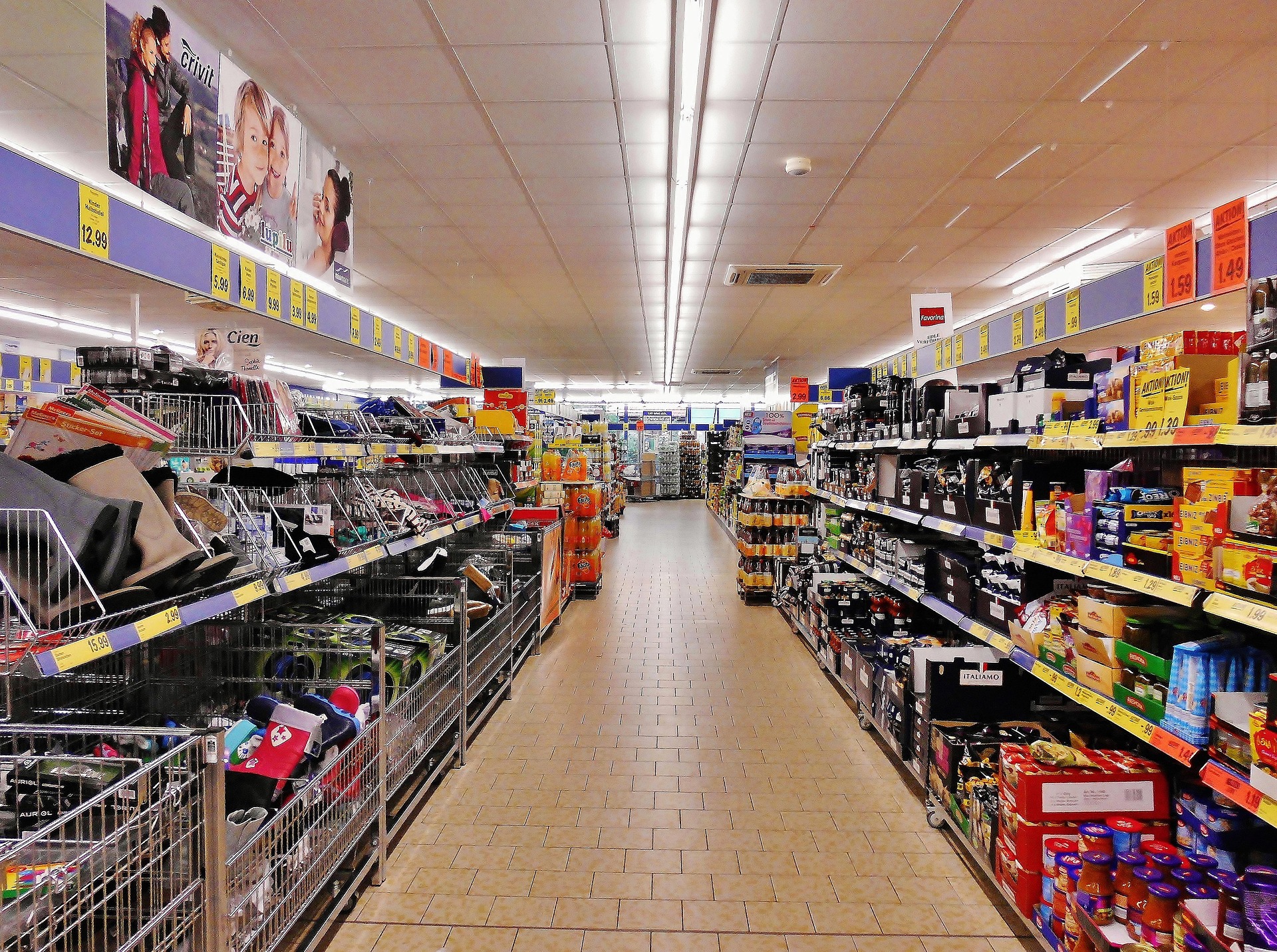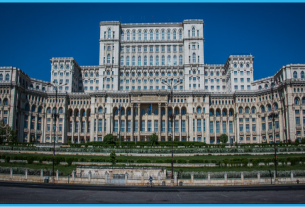Consumers across the Balkans are banding together in a widespread supermarket boycott to protest the region’s rising grocery prices and worsening cost-of-living crisis. The movement, initially sparked by Croatian consumer rights group “Halo, inspektore” (“Hello, Inspector”) last Friday, has quickly spread to neighboring countries, with citizens in Bosnia and Herzegovina, Montenegro, and Serbia joining the effort.
The boycott began in Croatia as a response to soaring inflation, with shoppers staying away from major chains like Eurospin, Lidl, and DM. The movement quickly gained momentum, fueled by social media, and extended to a week-long protest targeting these same supermarket giants. Montenegro’s Prime Minister, Milojko Spajić, even publicly expressed support for the boycott, further amplifying its reach.
In response to the protests, Croatia’s government introduced additional price caps, adding 40 more basic items—including cheeses, coffee, and essential goods like soap—to its existing list of controlled products. Economy Minister Ante Šušnjar emphasized that the price controls were designed to protect vulnerable citizens from the ongoing economic pressures.
The boycott made an immediate impact: transactions in Croatia’s supermarket chains dropped by 44% last Friday, with total sales plunging by 53%, according to Croatia’s tax authorities. The country’s inflation rate hit 4.5% in December, the highest in the eurozone, exacerbated by global events like Russia’s invasion of Ukraine and the lingering effects of the COVID-19 pandemic.
In an effort to stem the growing dissatisfaction, some supermarket chains have responded. Kaufland Croatia announced price cuts on over 1,000 products starting February 5, while Konzum revealed plans to invest €1 million in freezing or reducing prices on 250 local products that aren’t subject to government price caps.
The movement reflects growing discontent across the region with the escalating cost of living and highlights the increasing role of consumer-led activism in the face of economic hardship. As the boycott gains traction, it puts pressure on governments and businesses to take more meaningful steps to address the financial strain felt by ordinary citizens.
Supermarket Image by Ulrich Dregler from Pixabay



